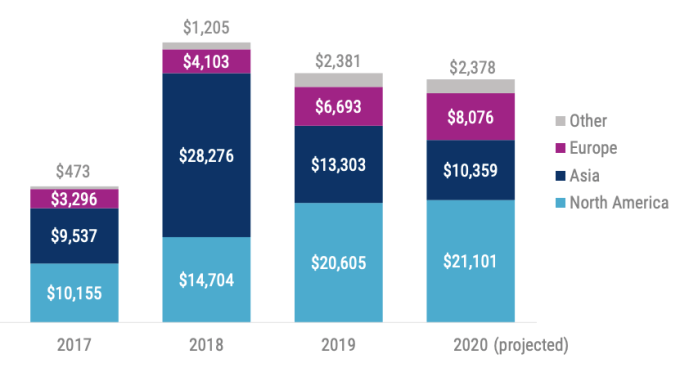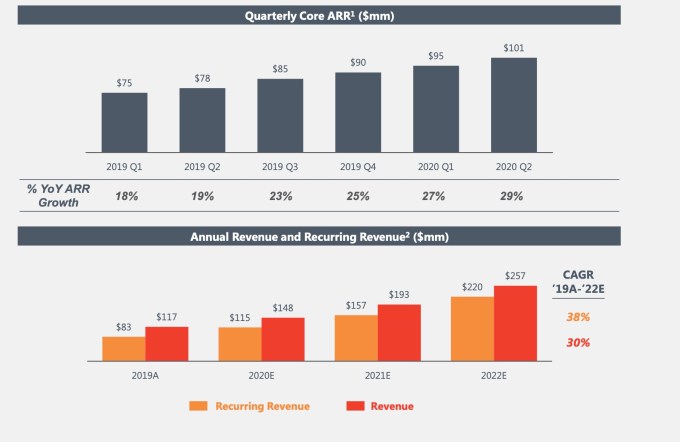The High Cost of Brexit Data Compliance for UK Businesses
A new report reveals that UK businesses could face staggering compliance costs of up to £1.6 billion if the country fails to secure an EU data adequacy agreement after Brexit. The analysis, conducted by the New Economics Foundation (NEF) and UCL’s European Institute, highlights the financial burden of maintaining data flows between the UK and EU under third-country status.
Key Findings: A Sector-Wide Impact
- Micro businesses: Average compliance cost of £3,000
- Small businesses: £10,000 per company
- Medium businesses: £19,555 per company
- Large enterprises: £162,790 per company
These costs stem from additional compliance measures like implementing Standard Contractual Clauses (SCCs) for EU-UK data transfers. Researchers note these estimates are conservative, based on moderate assumptions about affected companies.
Why Adequacy Matters for Post-Brexit Data Flows
An adequacy agreement would allow continued seamless data transfers by recognizing UK data protection standards as equivalent to the EU’s General Data Protection Regulation (GDPR). Without it:
- UK businesses face complex legal requirements for EU data transfers
- Increased risk of GDPR fines (up to 4% of global turnover)
- Potential reduction in EU-UK digital trade and investment
- Possible relocation of data infrastructure to EU territories
The Political Hurdles to Adequacy
The UK’s path to adequacy faces significant challenges:
- Surveillance laws: UK government surveillance powers, expanded since the 2013 Snowden revelations, conflict with EU privacy standards
- Data strategy: UK plans to “liberalize” data laws post-Brexit may lower protection standards
- Legal precedents: The EU Court of Justice recently invalidated the EU-US Privacy Shield, setting a strict precedent
Broader Economic Consequences
The report warns of wider impacts beyond compliance costs:
- Reduced competitiveness for UK tech and service sectors
- Potential business relocations to maintain EU market access
- Increased legal complexity for international data transfers
- Need for supplementary measures that may prove insufficient in some cases
Recommendations for Mitigation
Researchers propose several solutions:
- Government support: Funding assistance for SMEs facing compliance costs
- Better research tools: Improved data modeling to understand data flow impacts
- Policy transparency: Clear guidance for businesses navigating new requirements
“While no adequacy decision wouldn’t be economic armageddon,” the report states, “it would undermine key sectors that have driven UK growth in recent years.”
For the full analysis, read the NEF/UCL report.












